The Difference Between Dental Intraoral Scanning and Traditional Impressions
2024-10-15
2024-09-25
More and more dental clinics and dental laboratories see the value brought by dental milling machines. As an investment, purchasing a new dental milling machine requires considering many factors in advance, mainly including the following aspects:
1. Dry or wet processing: Before purchasing, first determine which type of dental material you mainly process. Dental dry milling machines are suitable for milling zirconia, PMMA, wax discs, PEEK discs, and others, while dental wet milling machines are suitable for milling glass ceramics and more.

2. Processing accuracy and speed: Modern dental milling machines may have automation features such as automatic tool changers and break-point continuation, which can improve work efficiency and processing accuracy. Before purchasing, understand the product's performance, such as rotational speed, fixtures, etc.

3. Maintenance and support: Consider the technical support and after-sales service provided by the manufacturer, as well as the maintenance costs of the equipment. Try to choose a manufacturer with a good brand and reputation, which usually means better quality and service.
4. Budget and space: Choose cost-effective equipment based on your financial budget; also consider the size of the equipment and whether the clinic or dental laboratory has enough space to place it.
Click to learn more: /equipment/milling-machine/

Dry & wet milling for zirconia, PMMA, wax with auto tool changer.
learn more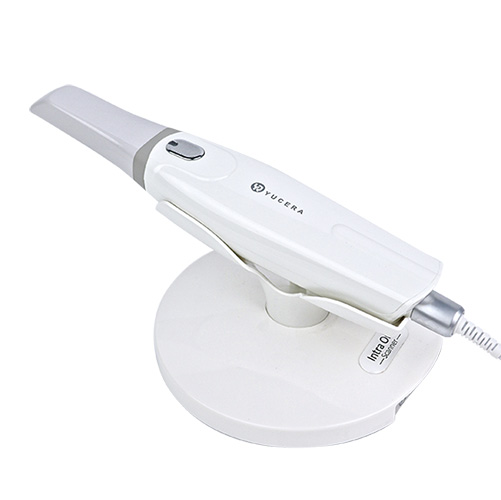
High-precision 3D scanning, AI calibration, full-arch accuracy.
learn more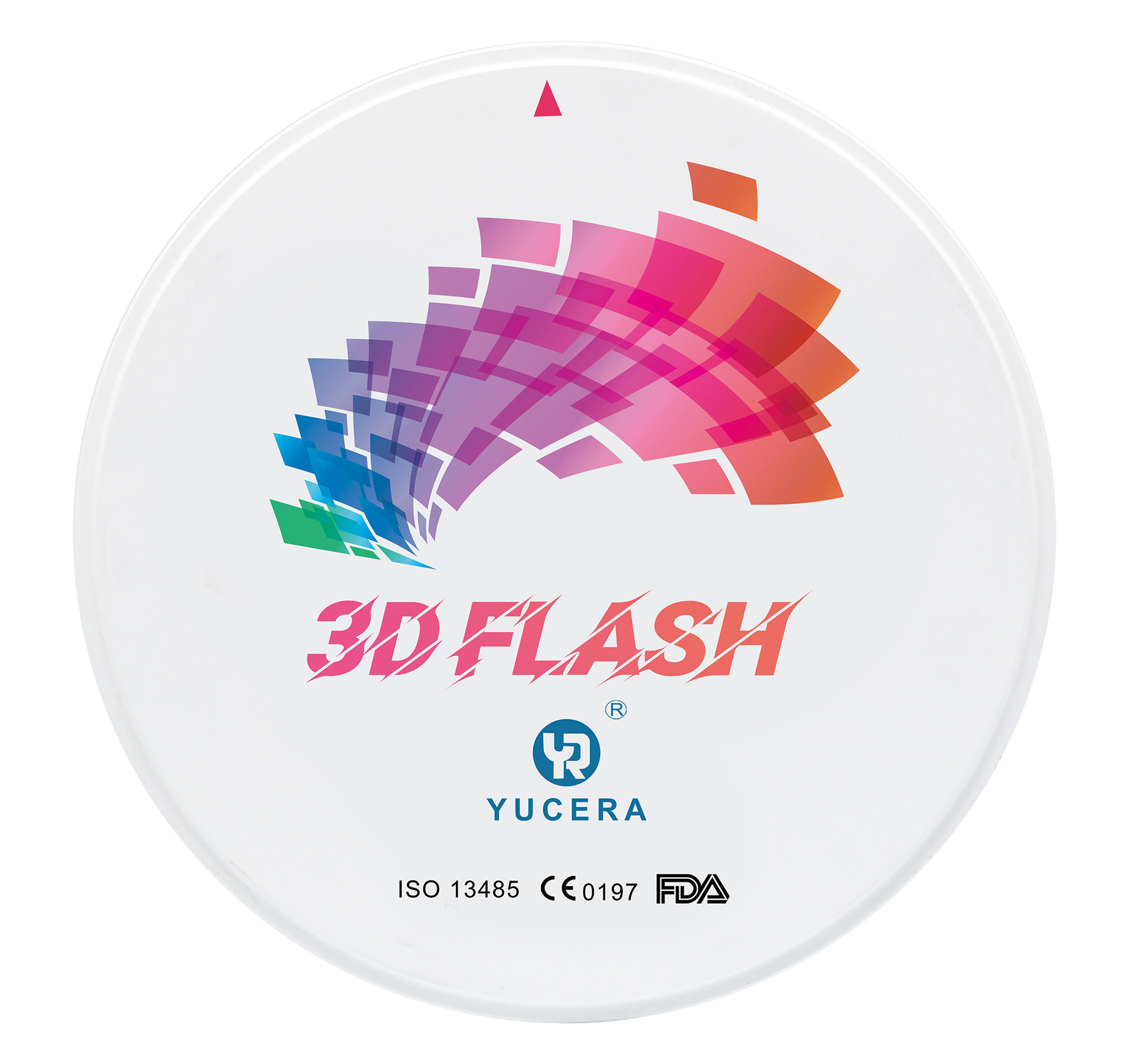
40-min full sintering with 57% incisal translucency and 1050 MPa strength.
learn more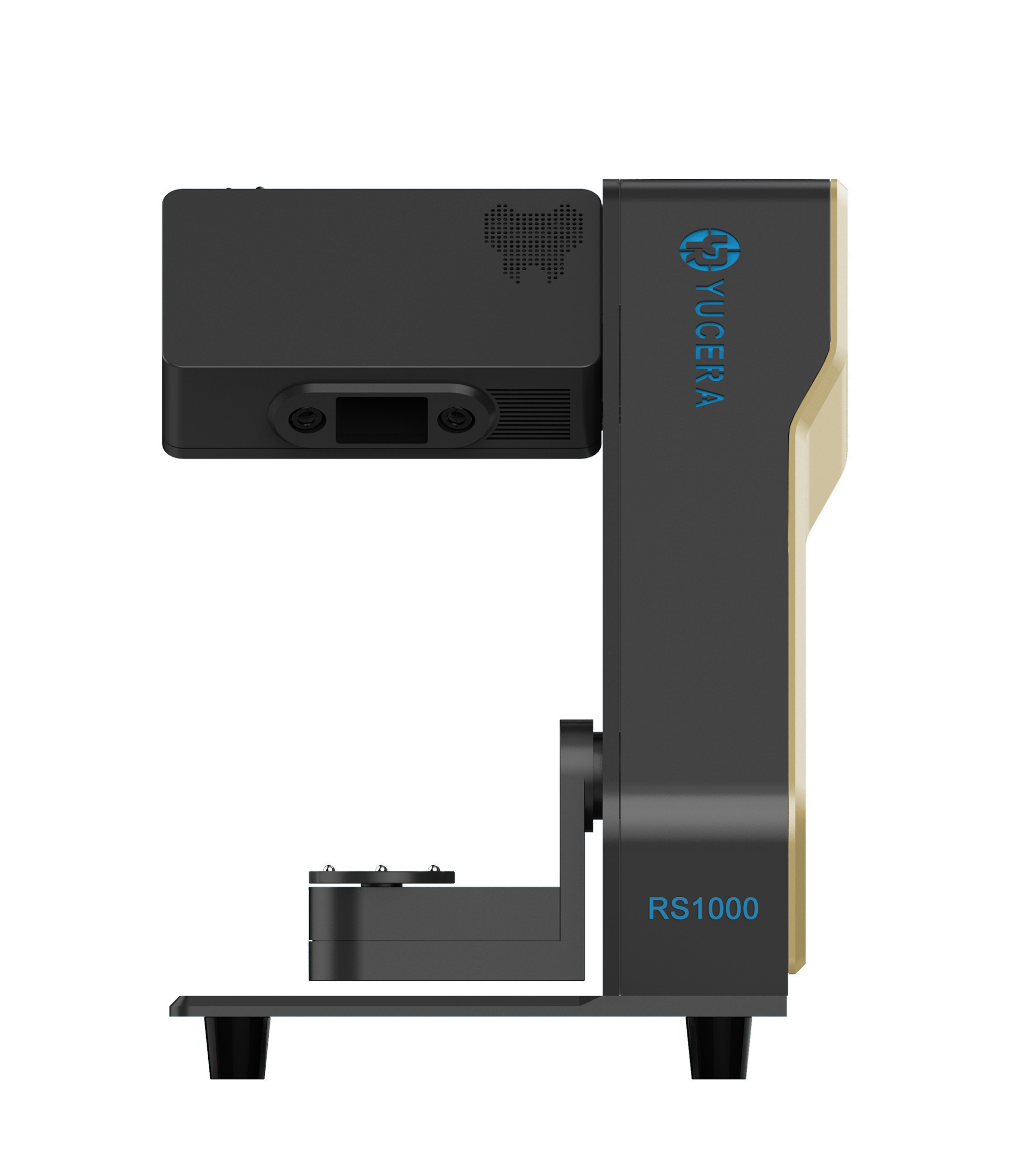
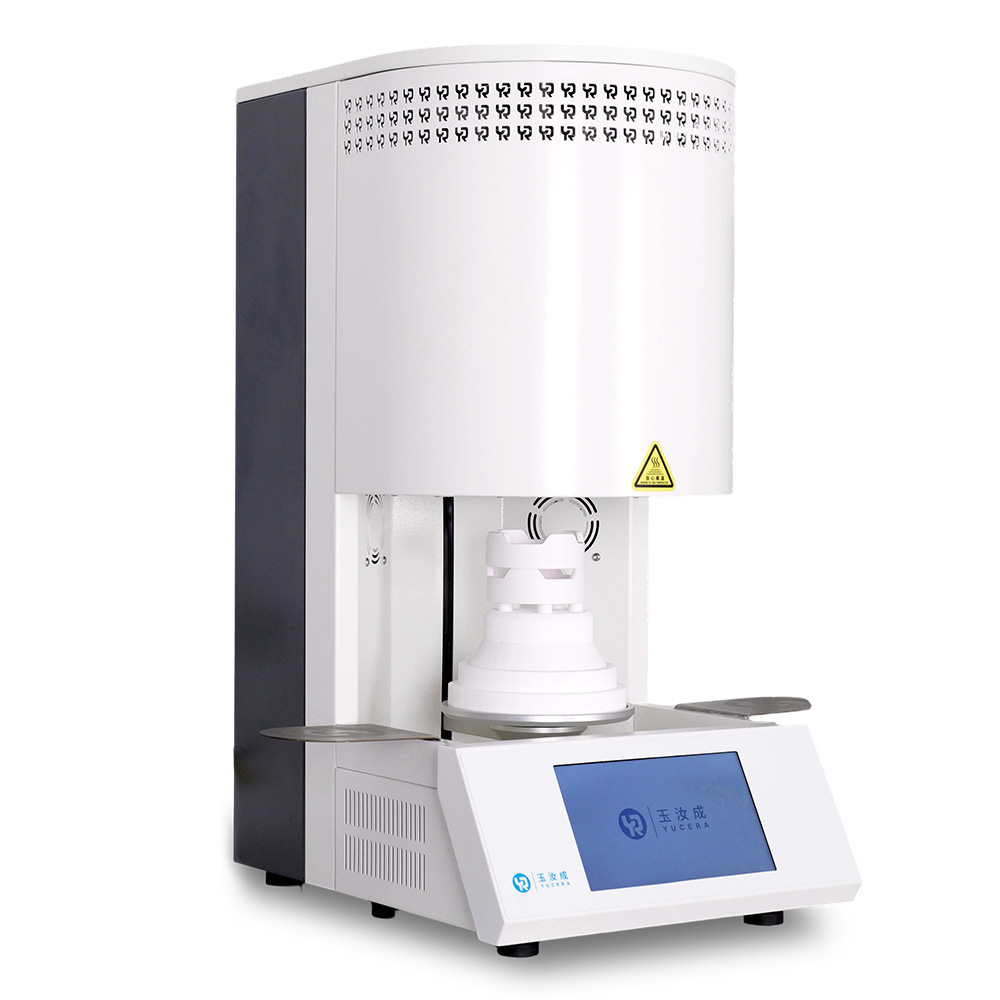
40-min cycle for 60 crowns, dual-layer crucible and 200°C/min heating.
learn more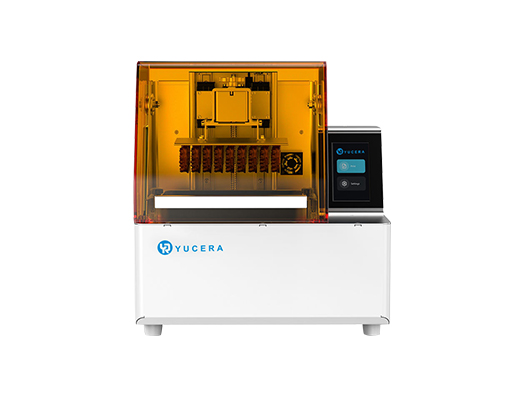
High-speed LCD printer for guides, temporaries, models with 8K resolution.
learn more